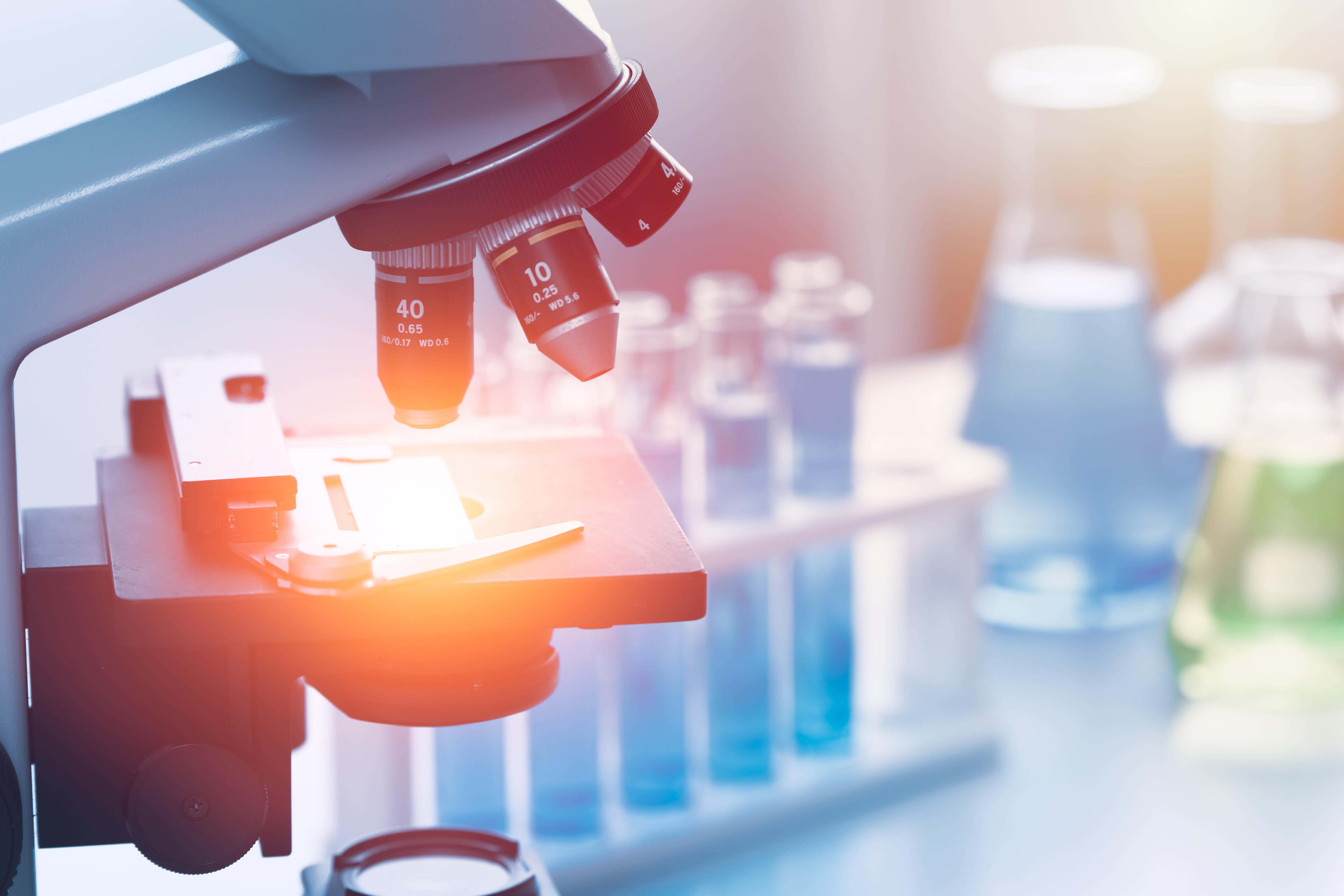Tackling specific E.coli strains could cut cancer risk, scientists suggest
Vaccines or therapeutic probiotics were among the suggestions from scientists who tracked the strains, which produce a DNA-damaging chemical.

Your support helps us to tell the story
From reproductive rights to climate change to Big Tech, The Independent is on the ground when the story is developing. Whether it's investigating the financials of Elon Musk's pro-Trump PAC or producing our latest documentary, 'The A Word', which shines a light on the American women fighting for reproductive rights, we know how important it is to parse out the facts from the messaging.
At such a critical moment in US history, we need reporters on the ground. Your donation allows us to keep sending journalists to speak to both sides of the story.
The Independent is trusted by Americans across the entire political spectrum. And unlike many other quality news outlets, we choose not to lock Americans out of our reporting and analysis with paywalls. We believe quality journalism should be available to everyone, paid for by those who can afford it.
Your support makes all the difference.Targeting specific strains of the bacteria E.coli with vaccines or other treatments could help reduce the risk of bowel, bladder and prostate cancers, according to scientists.
It comes as a study suggested higher cases of certain cancers in industrialised countries such as the UK could be linked to two particular types of E.coli, which can cause infections in the urinary tract and bloodstream.
These strains produce a DNA-damaging chemical called colibactin that has been linked to bowel cancer.
Working to eradicate them “could offer huge public health benefits”, researchers said, including reducing the need for antibiotics to treat the infections they cause, as well as potentially lowering cancer risk.
E.coli is a diverse group of bacteria that are normally harmless and live in the intestines of humans and animals.
Vaccines or other interventions that target these E.coli strains could offer huge public health benefits
For the study, published in Lancet Microbe, researchers used genomic surveillance to track different strains across different countries, including the UK, Norway, Pakistan and Bangladesh.
The two strains academics focused on are more common in industrialised countries, and cause infections of the bloodstream and urinary tract, rather than food poisoning.
These countries also have higher levels of bowel, bladder and prostate cancers, according to researchers.
Meanwhile, the team’s analysis showed the strains were much rarer in countries such as Bangladesh and Pakistan, where cases of bowel, bladder and prostate cancers are also lower.
Senior author Professor Jukka Corander, of the Wellcome Sanger Institute, University of Oslo, and the University of Helsinki, said: “We have been using large-scale genomics to track E.coli strains across multiple countries for the last five years, using data that goes back to the early 2000s.
“This has allowed us to start to see the possible connections between two E.coli strains and cancer incidence rates.”
Understanding more about the interactions between E.coli and cancer risk highlights the impact our microbiome has on our health and is a crucial avenue to explore if we want to work with our bodies to help combat certain conditions
First author Dr Tommi Maklin, of the University of Helsinki and the Wellcome Sanger Institute, added: “E.coli can be found around the world, in many different forms, and understanding how strains of this bacteria impact humans differently can give us a more complete picture of health and disease.
“Having access to global genomic data on which strains are found in an area can uncover new trends and possibilities, such as strains in industrialised countries potentially being linked to the risk of certain cancers.
“We also need to keep ensuring that countries and regions around the world are included in genomic surveillance research so that everyone benefits from new discoveries.”
Prof Corander said he hopes the findings unlock a way of potentially eradicating E.coli which produce colibactin.
“Science is not a stand-alone endeavour and by working together with cancer and microbiome experts, we are hopeful that in the future this work might lead to new ways to eradicate colibactin-producing E.coli strains,” he said.
“Vaccines or other interventions that target these E.coli strains could offer huge public health benefits, such as reducing the burden of infections and lessening the need for antibiotics to treat these, as well as reducing the risk of cancers that could be linked to the effects of colibactin exposure.”
Dr Trevor Lawley, of the Wellcome Sanger Institute, said: “In the future, it could be possible to develop therapeutic probiotics that help to displace unwanted bacterial strains, such as the ones that release colibactin.
“Understanding more about the interactions between E.coli and cancer risk highlights the impact our microbiome has on our health and is a crucial avenue to explore if we want to work with our bodies to help combat certain conditions.”